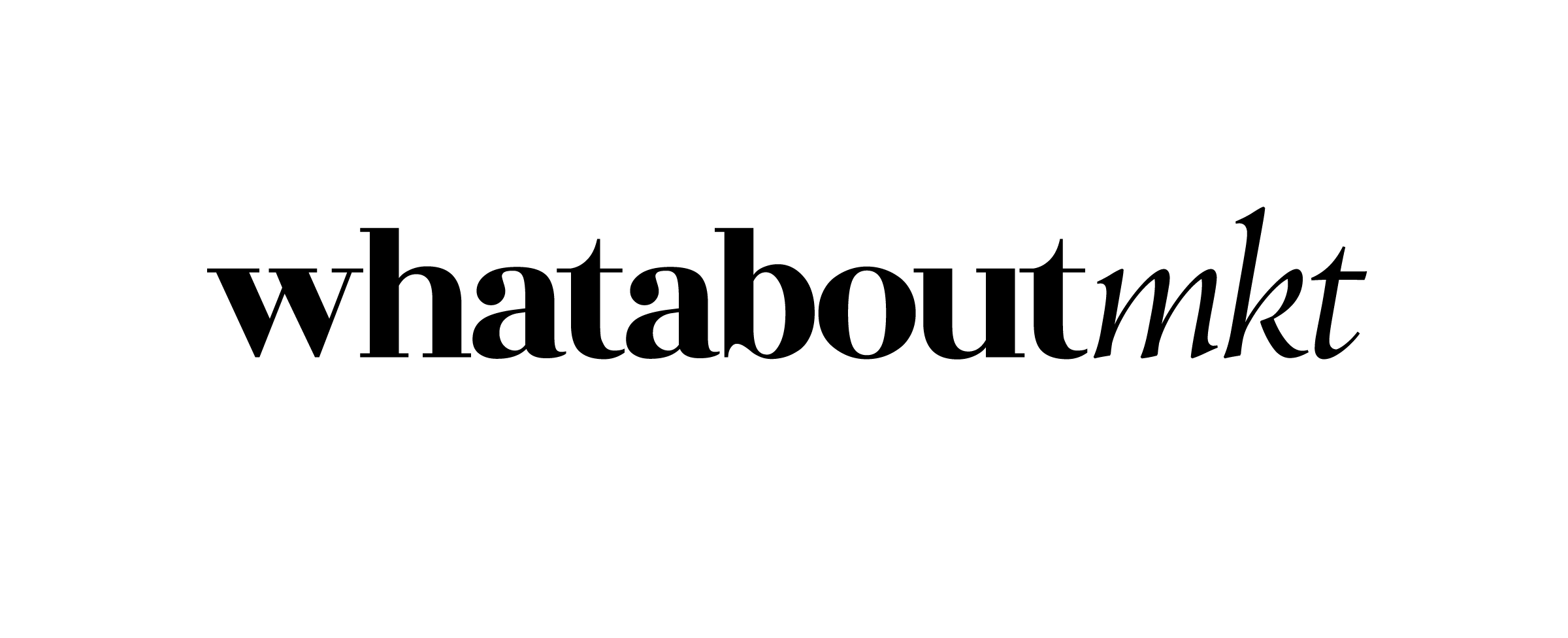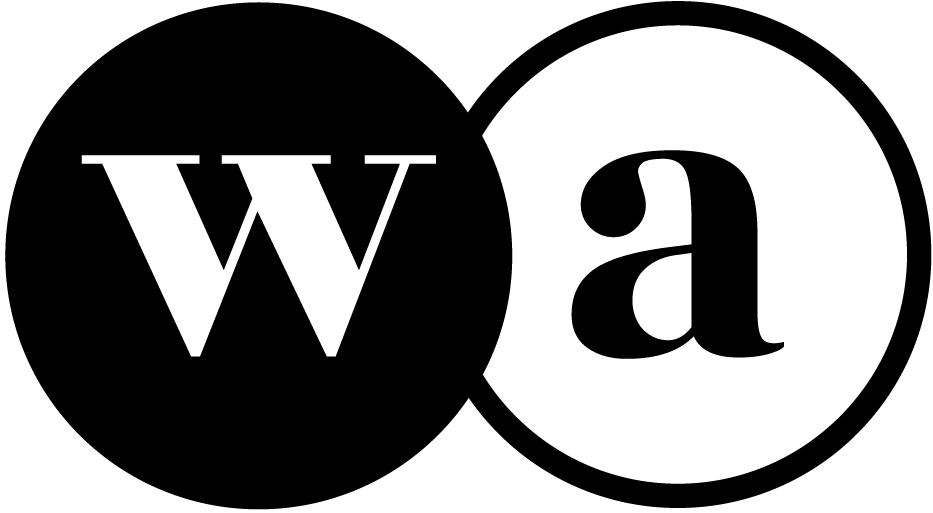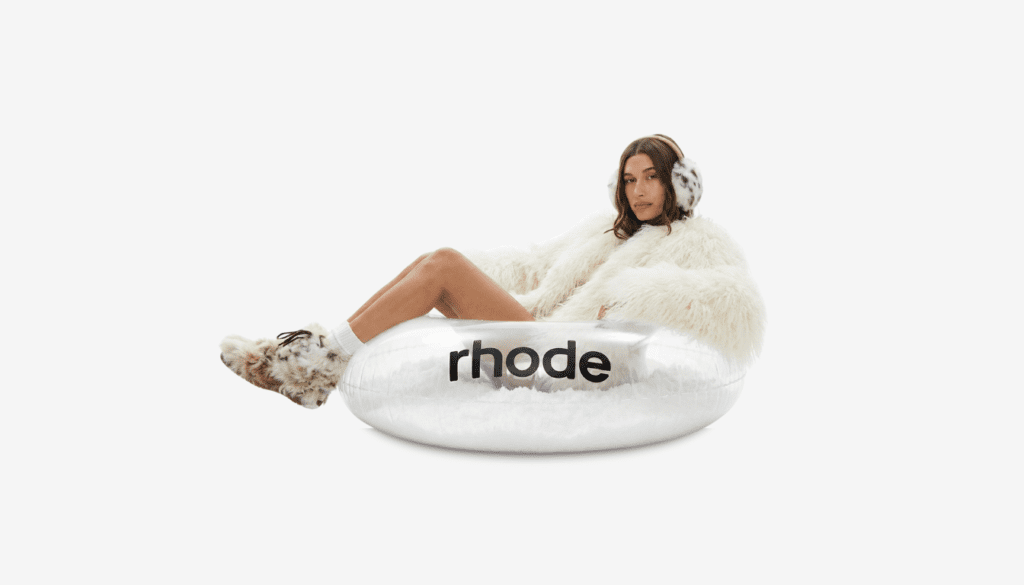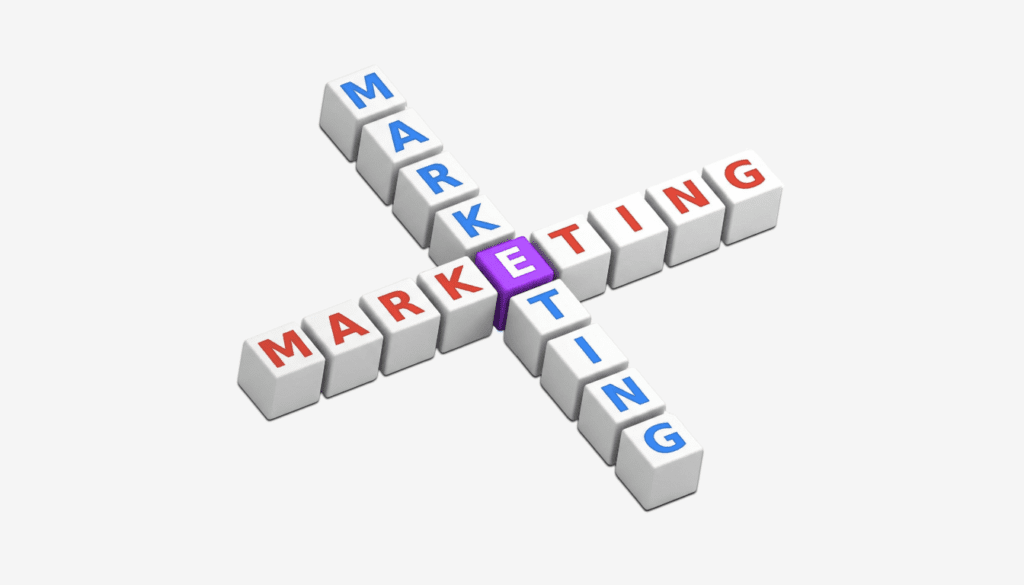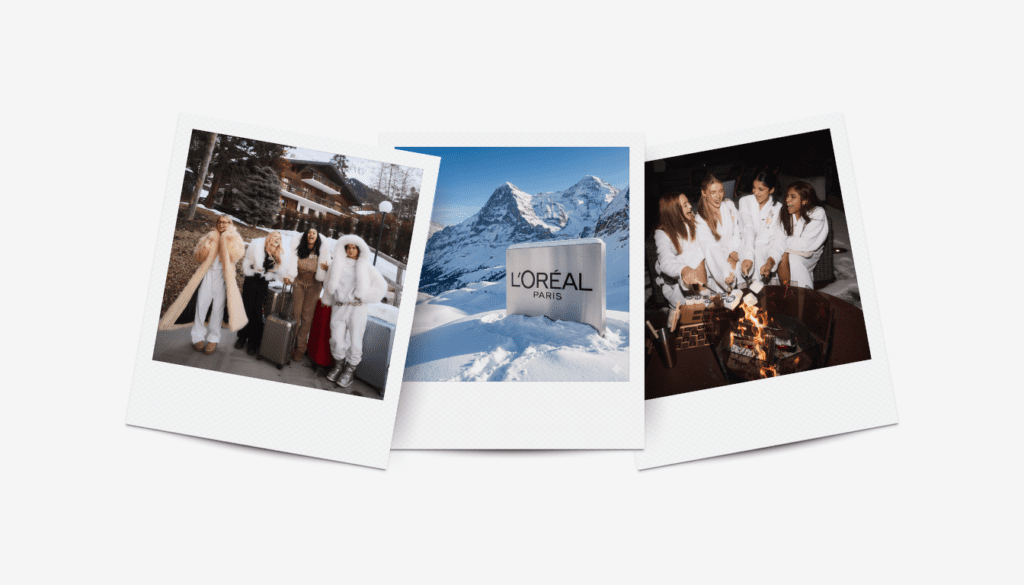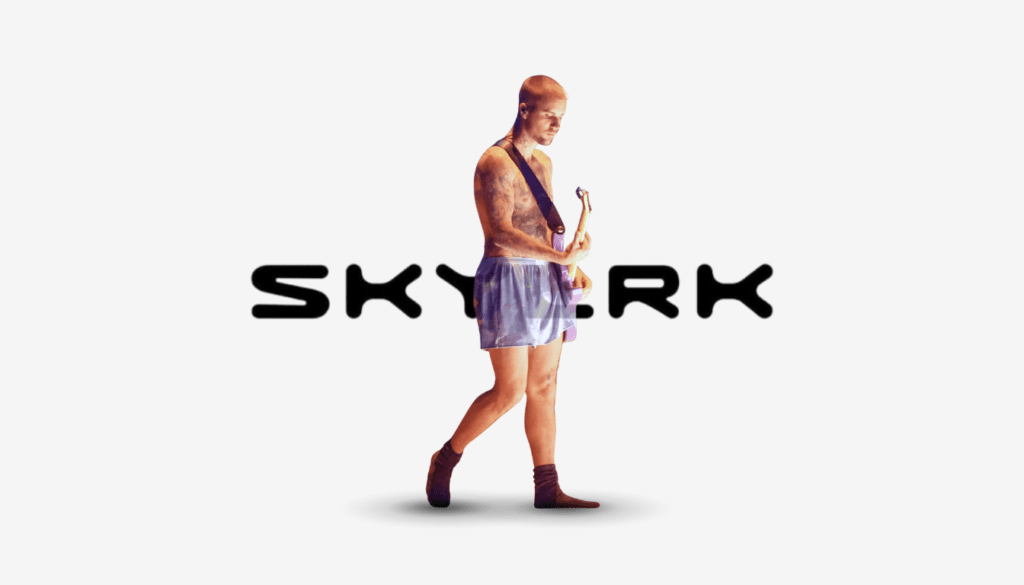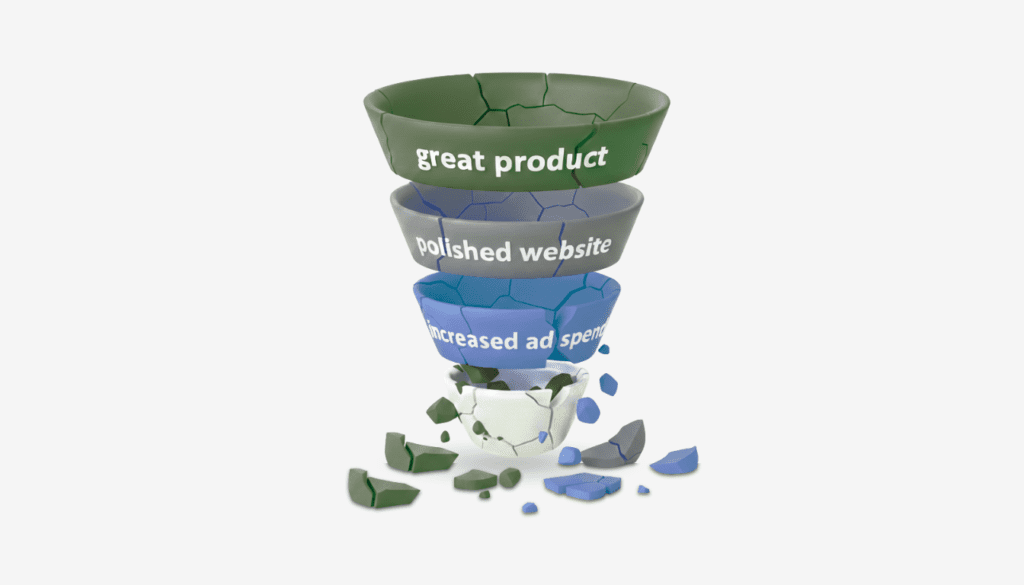As the creative industry gathered in Cannes from June 16 to 20, 2025, one sentiment dominated the Croisette: the era of unchecked spectacle is over. The 72nd edition of the Cannes Lions International Festival of Creativity became less about showmanship and more about demonstrating accountable, measurable, and purpose-driven creativity. With the Palais des Festivals et des Congrès as its stage, the event positioned itself as a strategic forum for industry recalibration amid technological disruption, economic headwinds, and shifting consumer values.
Beyond AI Hype: The Call for Practical Innovation
Predictably, artificial intelligence dominated conversations. Yet, unlike previous years, 2025 marked a decisive shift from speculative enthusiasm to practical deployment. Sessions like “The Human Touch: Creativity Can’t Be Automated” reflected a growing industry consensus: AI is a tool, not a substitute. YouTube CEO Neal Mohan, speaking during the platform’s 20th-anniversary celebrations, showcased Google DeepMind’s Veo 3 video-generation model and the global scaling of Auto Dubbing across 20 languages.
These announcements, made on June 17, 2025, underscored AI’s new role: a backstage accelerator rather than a front-stage replacement. Adobe also used its Cannes platform to double down on AI-powered creative tools, reinforcing that human creativity—augmented by technology—is the future.
Retail Media’s Moment of Ascendancy
Another storyline gaining traction was the meteoric rise of retail media. For the first time, Cannes Lions introduced a dedicated Retail Media subcategory within both the Media and Creative Commerce Lions. This structural change reflects the growing power of commerce platforms as media owners.
Julie Selman of Magnite summed it up in a June 18 panel: retail media now sits at the “sweet spot between scale, data, and measurable outcomes.” Brands like Unilever and Procter & Gamble presented case studies demonstrating how commerce media can now drive immediate sales and long-term brand equity, blurring traditional funnel distinctions.
Sustainability: From Talking Point to Business Imperative
While AI and retail media generated buzz, sustainability emerged as the festival’s moral and economic anchor. Kantar presented data forecasting a $1.5 trillion market opportunity in sustainability-led growth, as shared in a session on June 16. Yet the festival was also marked by a candid acknowledgment of the gap between rhetoric and action. According to 51toCarbonZero’s Richard Davis, 98% of senior marketers acknowledge sustainability as a brand priority, but meaningful investment remains scarce.
The urgency for brands to align environmental KPIs with business outcomes became a recurring theme across multiple stages. Google, Diageo, and Danone offered frameworks for measuring climate impact alongside campaign ROI.
The Creator Economy Steps Into the Spotlight
A symbolic shift came with renaming the Social & Influencer Lions to the Social & Creator Lions. This rebranding signals the industry’s formal recognition of creators as media powerhouses in their own right. YouTube Shorts, now averaging over 200 billion daily views as of June 2025, became a case study for platform-driven creator reach.
Neal Mohan’s assertion that creators represent the “startups of Hollywood” was not mere hyperbole. From Inoxtag’s record-breaking 17-million-view documentary to The Sidemen’s expansion into quick-service restaurants, the creator economy’s commercial gravity was impossible to ignore. Dedicated sessions, including “The Rise of the Professional Creator” and “The 2025 Influencer Pricing Report,” highlighted how brands must now rethink partnership models.
B2B Marketing Gets Its Creative Due
The festival also marked a coming-of-age moment for B2B marketing. Updated awards criteria now require clarity on whether submissions represent traditional B2B campaigns, partnership models, or hybrid consumer-facing efforts with business objectives.
Data from Salesforce’s 2024 State of Marketing Report, presented on June 17, showed that B2B ad spending rose three percentage points over two years, signaling intensified competition for brand awareness. Sessions led by LinkedIn and WPP emphasized the growing need for emotional storytelling in B2B contexts.
Creative Accountability Takes Center Stage
Perhaps the industry’s growing demand for measurable impact was the most pervasive undercurrent. Cannes Lions 2025 drilled home one clear message: creativity without accountability will struggle to survive.
The festival’s “Creative Impact” stream was packed, with CMOs from brands like McDonald’s and P&G sharing frameworks for tying creative work to business outcomes. As Mateusz Rumiński from PrimeAudience noted in his June 18 session, data and performance metrics are no longer optional but foundational to innovative development.
This shift was mirrored in WPP’s media outlook report, released during the festival. The report downgraded global ad spend growth forecasts for the remainder of 2025, citing geopolitical instability and cautious client budgets. The pressure for creative ROI is real and growing.
Awards Reflect Global Creative Evolution
Regarding accolades, VML emerged as an early standout, securing 15 Lions by June 16. The agency’s Prague office made history with the Czech Republic’s first-ever Grand Prix for the “KitKat Phone Break” campaign. Brazil also made headlines, named the inaugural “Creative Country of the Year,” with standout wins from GUT São Paulo and Artplan.
Notably, Amazon’s CEO Andy Jassy was named Media Person of the Year, reflecting Amazon’s expanding influence over the media and commerce landscapes.
Inclusivity Becomes Structural, Not Symbolic
Cannes Lions 2025 also introduced sweeping inclusivity and accessibility initiatives. From ASL interpreters and mental health support stations to €2 million worth of ERA Program diversity scholarships, the festival set a new standard for accessibility in industry events.
This institutionalization of inclusivity aligns with broader brand trends around representation and belonging—concepts that are no longer confined to campaign messaging but are now being operationalized at event and organizational levels.
Creativity with Purpose, Performance, and Proof
Cannes Lions 2025 closed with a clear mandate: The creative industries must balance artistry with accountability. The winning formula will not be driven solely by emotional resonance or technological novelty but by the ability to generate real-world impact—economically, socially, and culturally.
In an environment shaped by AI, commerce media, sustainability metrics, and creator-led storytelling, Cannes has once again proven itself as the industry’s North Star. It challenges marketers not just to create but to create with purpose and measurable effect.
